Removing the ceiling on domestic airfares at this time will leave the State with no regulatory tools and reduce people's ability to access reasonable fares, according to the Government .
The proposal to remove the ceiling on airfares has been proposed many times before by experts and businesses. Earlier this year, they once again proposed to change the mechanism for managing domestic airfares, including increasing and eventually removing the ceiling on airfares.
In the report explaining the Law on Prices (amended) sent to the National Assembly on May 17, the Government said that some opinions proposed removing the price ceiling for seaport services and airline tickets, and there was even a view suggesting applying a floor price for airline tickets.
However, the Government said that the Civil Aviation Law and the draft Price Law will complete the mechanism for determining airline ticket prices, which will be transferred from a price frame to a minimum price, meaning that the floor price regulation will be removed. This is to encourage competition to reduce service prices and protect the interests of consumers, especially those with low incomes, to access services.
"If the price ceiling is removed, there will be no more price regulation tools for domestic air transport services," the Government's explanatory report stated.
In addition, domestic aviation services are essential services, affecting people's lives, production and business. If the price ceiling is removed, airlines will offer very high ticket prices, especially some competitive routes will limit tickets during peak periods. This can affect consumer rights and have negative social impacts.
"With the current average income of Vietnamese people, increasing ticket prices will reduce people's access to aviation services. Therefore, without assessing the impact, there is not enough basis to remove the ceiling price for air tickets," according to the Government report.

Airplanes of various airlines parked at Noi Bai airport. Photo: Giang Huy
Currently, each country has a different way of managing airfares. For example, China manages air services indirectly and directly. Indonesia sets maximum prices, or some countries let the market regulate itself.
In the long term, according to the Government, when there are many airlines participating in the market, competing effectively with cheap tickets, quality services and passengers have the right to choose prices according to their needs and ability to pay, then it will be appropriate to remove the price ceiling.
The ceiling price of domestic air tickets has remained unchanged for eight years. The Ministry of Transport plans to increase the ceiling from the second or third quarter with an average increase of 3.75% compared to the present.
In addition to wanting to maintain the ceiling on airfares, the Government also wants to maintain the Petroleum Price Stabilization Fund, although many opinions suggest that this fund should be abolished. Because the Petroleum Price Stabilization Fund is one of the tools to regulate domestic prices, it is an economic measure, not an administrative intervention.
"In the current context, eliminating this fund is not appropriate because the petroleum market in Vietnam does not operate according to the market and is still regulated by the State; the domestic price management cycle is still long and reserves are thin," the Government stated its opinion.
In fact, when world oil prices fluctuate, the Stabilization Fund has played a regulating role, contributing to reducing the frequency and level of price adjustments, reducing the fluctuation amplitude and negative impacts on production and business.
According to the Government, public opinion on this fund is currently multi-faceted, with some wanting to abolish it but others supporting it. Meanwhile, the views of ministries, branches and associations all agree to keep the fund. Therefore, the Ministry of Industry and Trade will evaluate and amend regulations on the fund in the process of amending Decree 95/2021, evaluating and amending regulations on the fund to suit reality.
The Law on Prices (amended) is expected to be discussed for the second time by the National Assembly at the opening session on May 22.





![[Photo] Explore the US Navy's USS Robert Smalls warship](/_next/image?url=https%3A%2F%2Fvphoto.vietnam.vn%2Fthumb%2F1200x675%2Fvietnam%2Fresource%2FIMAGE%2F2025%2F12%2F10%2F1765341533272_11212121-8303-jpg.webp&w=3840&q=75)
![[Photo] The captivating scenery of the fragrant maple forest in Quang Tri](/_next/image?url=https%3A%2F%2Fvphoto.vietnam.vn%2Fthumb%2F1200x675%2Fvietnam%2Fresource%2FIMAGE%2F2025%2F12%2F10%2F1765353233198_lan09046-jpg.webp&w=3840&q=75)







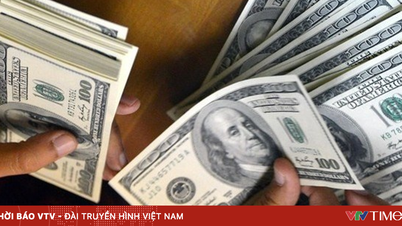




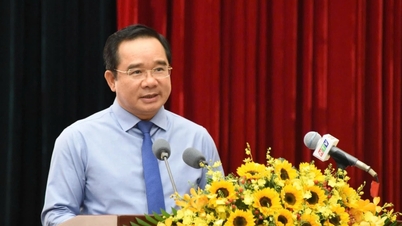

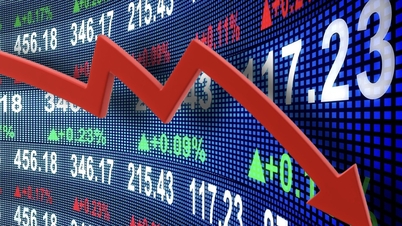



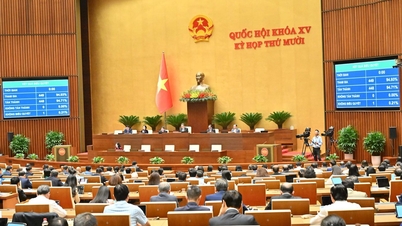

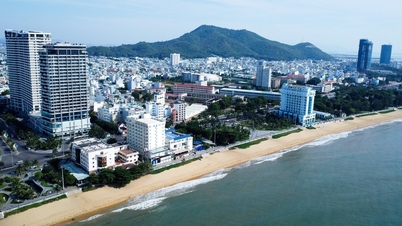















![[Video] The craft of making Dong Ho folk paintings has been inscribed by UNESCO on the List of Crafts in Need of Urgent Safeguarding.](https://vphoto.vietnam.vn/thumb/402x226/vietnam/resource/IMAGE/2025/12/10/1765350246533_tranh-dong-ho-734-jpg.webp)










































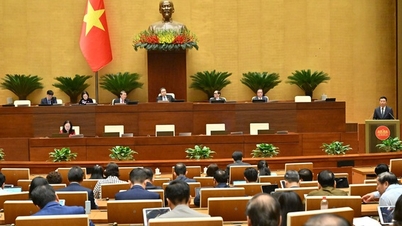





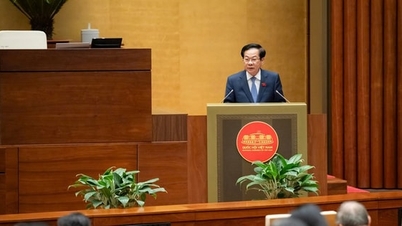

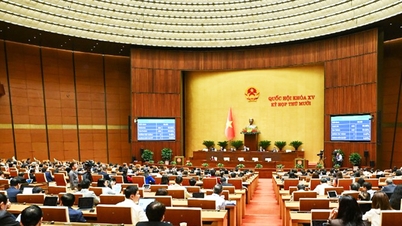



















Comment (0)